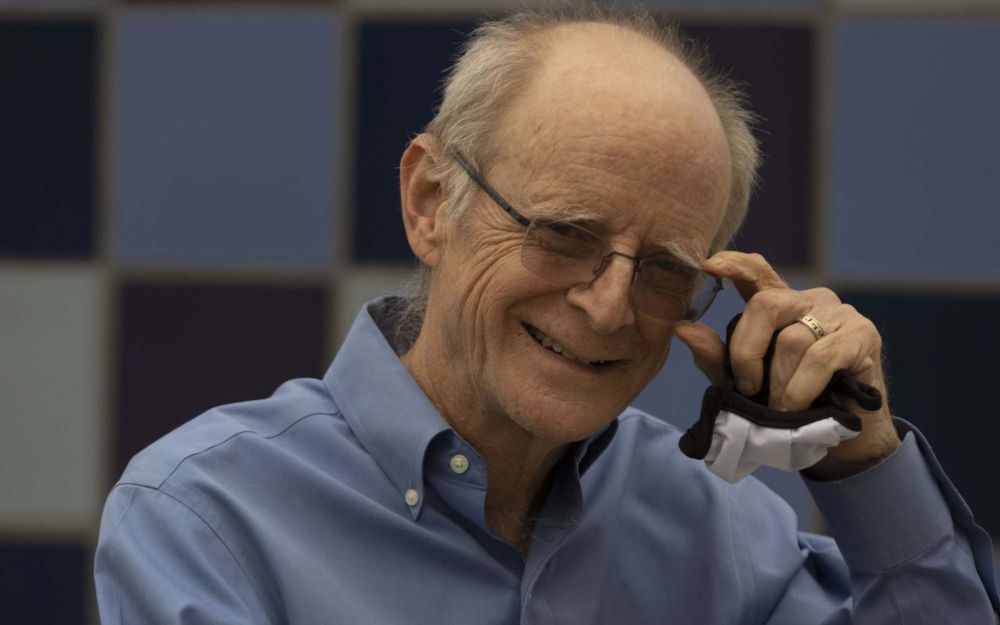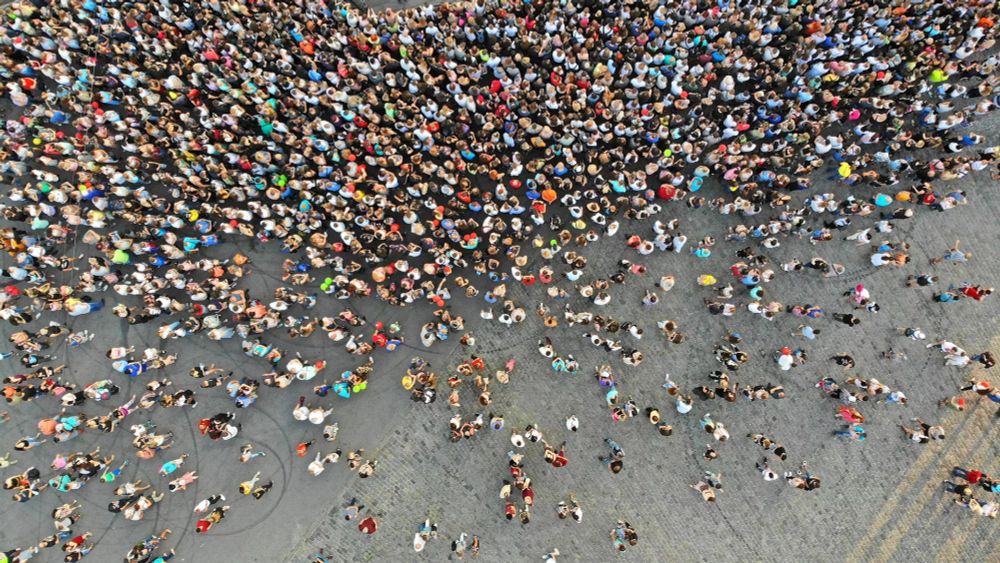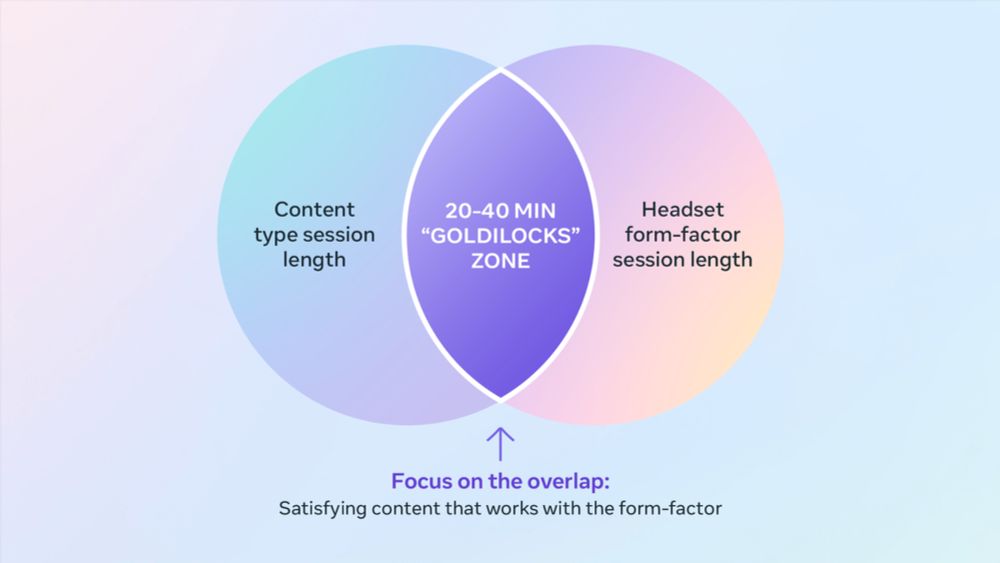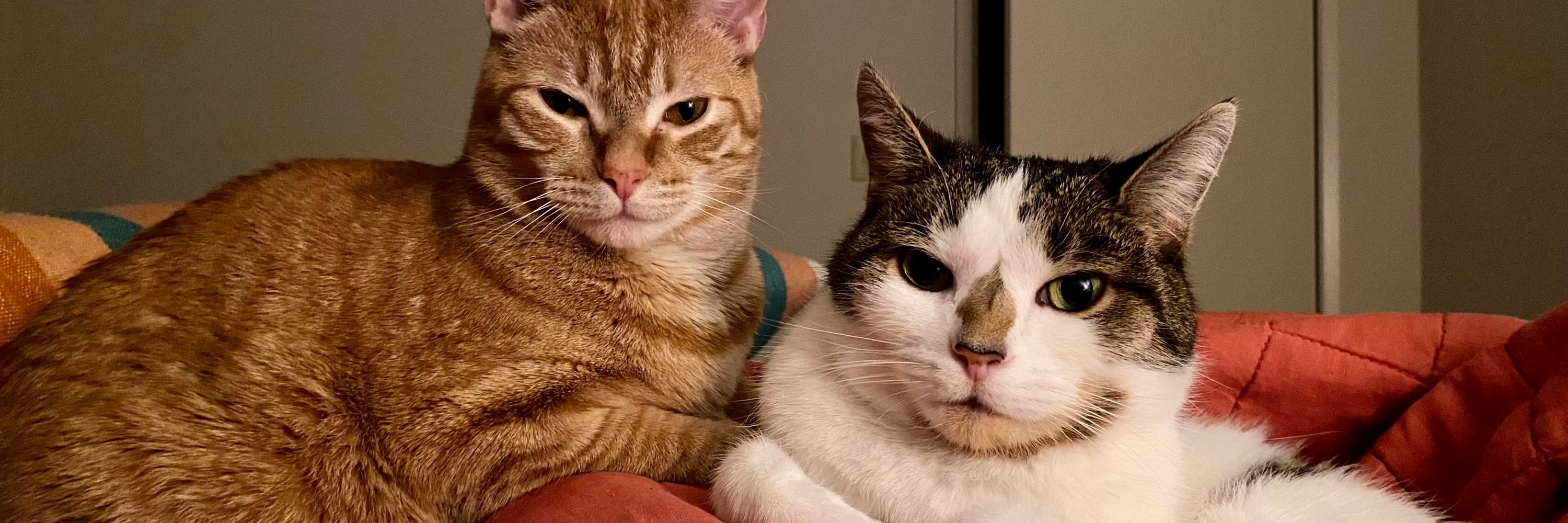
vhil.stanford.edu/publications...

vhil.stanford.edu/publications...

Now Free on Meta!
www.meta.com/experiences/...

Now Free on Meta!
www.meta.com/experiences/...

doi.org/10.1093/joc/...
doi.org/10.1093/joc/...
- Tradition & benevolence dominate legacies
- Major cultural events (e.g., 9/11) shifted what values were emphasized
- Gender & age of the deceased shape legacies
doi.org/10.1073/pnas...
- Tradition & benevolence dominate legacies
- Major cultural events (e.g., 9/11) shifted what values were emphasized
- Gender & age of the deceased shape legacies
doi.org/10.1073/pnas...
What values are people most remembered for?
How do legacies shift with cultural events?
How do age and gender shape what it means to have lived well?
www.pnas.org/doi/10.1073/...
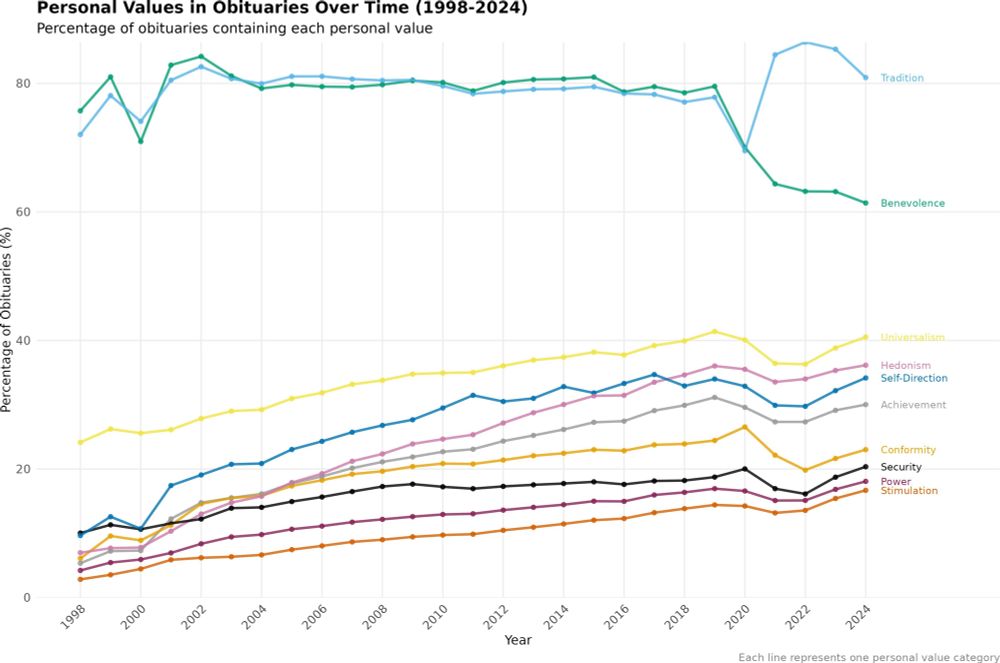
What values are people most remembered for?
How do legacies shift with cultural events?
How do age and gender shape what it means to have lived well?
www.pnas.org/doi/10.1073/...
- Tradition & benevolence dominate legacies
- Major cultural events (e.g., 9/11) shifted what values were emphasized
- Gender & age of the deceased shape legacies
doi.org/10.1073/pnas...
- Tradition & benevolence dominate legacies
- Major cultural events (e.g., 9/11) shifted what values were emphasized
- Gender & age of the deceased shape legacies
doi.org/10.1073/pnas...
U.S. academics on the semester system:

U.S. academics on the semester system:
vhil.stanford.edu/publications...
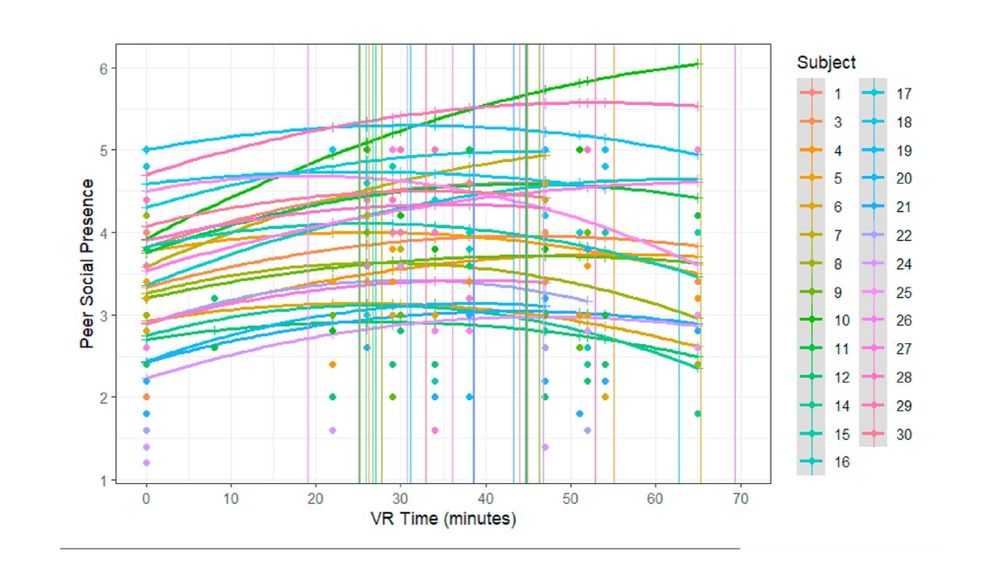
vhil.stanford.edu/publications...
@davidmmarkowitz.bsky.social shows groups with extraverts excel in large spaces. Extroversion detectable by speech in platforms who can "shard" users by world size for group success.
vhil.stanford.edu/publications...
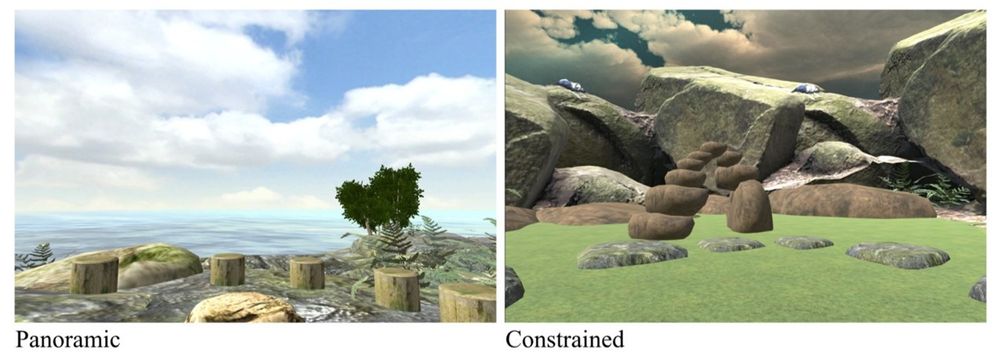
@davidmmarkowitz.bsky.social shows groups with extraverts excel in large spaces. Extroversion detectable by speech in platforms who can "shard" users by world size for group success.
vhil.stanford.edu/publications...
It’s the best thing I’ve read on this topic: @lizneeley.bsky.social & co have such done an incredible job.
unbreaking.org/issues/medic...

It’s the best thing I’ve read on this topic: @lizneeley.bsky.social & co have such done an incredible job.
unbreaking.org/issues/medic...
www.nature.com/articles/s41...
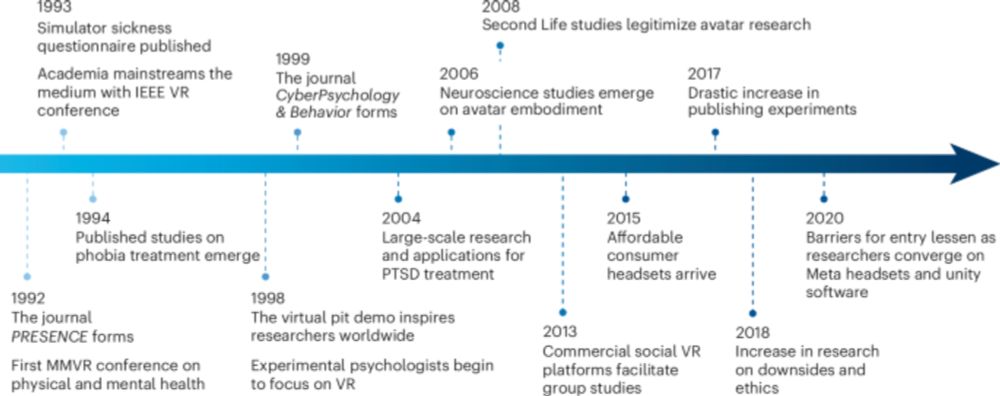
www.nature.com/articles/s41...
www.nature.com/articles/s41...
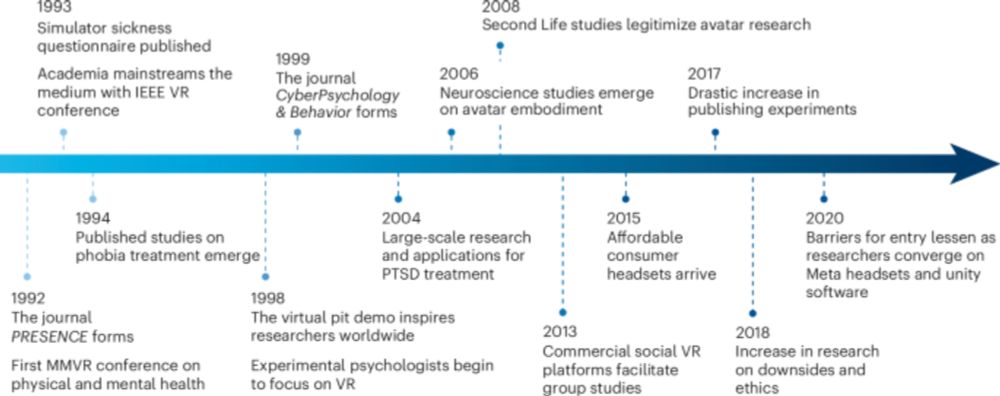
www.nature.com/articles/s41...
@nathumbehav.nature.com
vhil.stanford.edu/publications...
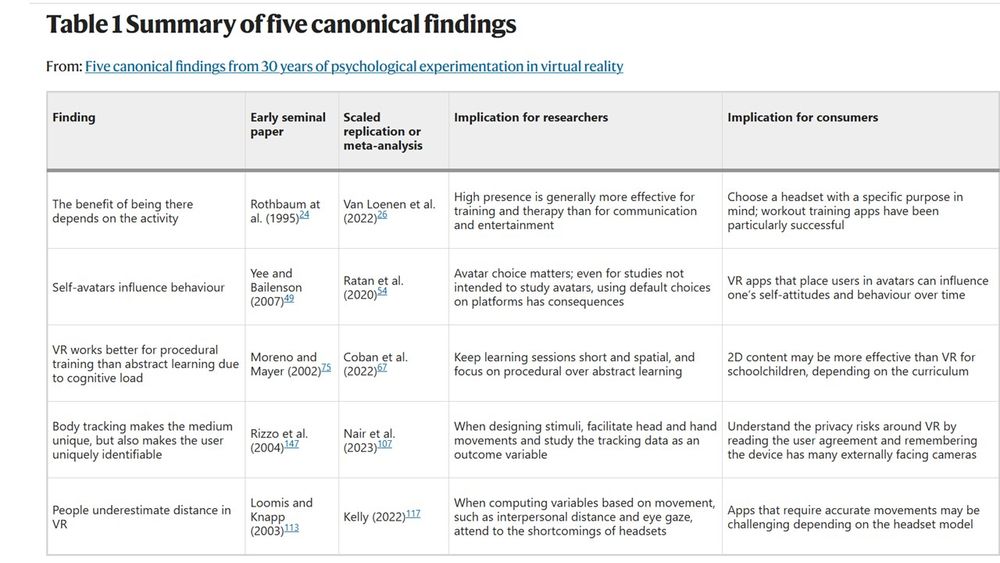
@nathumbehav.nature.com
vhil.stanford.edu/publications...
We’re thrilled to feature two keynote speakers who are shaping the field:
🗣️ The Mohrmann Lecture: Dr. Dana Mastro from UCSB (@ucsantabarbara.bsky.social)
📣 Conference Keynote: Dr. David Markowitz (@davidmmarkowitz.bsky.social) from MSU (@msucomartsci.bsky.social)
We’re thrilled to feature two keynote speakers who are shaping the field:
🗣️ The Mohrmann Lecture: Dr. Dana Mastro from UCSB (@ucsantabarbara.bsky.social)
📣 Conference Keynote: Dr. David Markowitz (@davidmmarkowitz.bsky.social) from MSU (@msucomartsci.bsky.social)
This year’s theme — Media, Health, and Society — brings together 53 unique research presentations on topics including AI and algorithmic influence, social media and well-being, information integrity, and public health communication.
This year’s theme — Media, Health, and Society — brings together 53 unique research presentations on topics including AI and algorithmic influence, social media and well-being, information integrity, and public health communication.
The 2025 Comm Horizons Conference (communication.ucdavis.edu/horizonconf2...) is almost here! From May 16–18, UC Davis will host scholars from around the world to explore how media, health, and society intersect across lifespans and diverse communities @ucdavis.bsky.social @ucdlands.bsky.social

The 2025 Comm Horizons Conference (communication.ucdavis.edu/horizonconf2...) is almost here! From May 16–18, UC Davis will host scholars from around the world to explore how media, health, and society intersect across lifespans and diverse communities @ucdavis.bsky.social @ucdlands.bsky.social
@PortiaWang.bsky.social analyzed a VR dataset of 77 sessions, 1660 minutes of group meetings over 4 weeks. Verbal & nonverbal history captured at millisecond level predicted turn-taking at nearly 30% over chance. To appear @acm-cscw.bsky.social.
vhil.stanford.edu/publications...
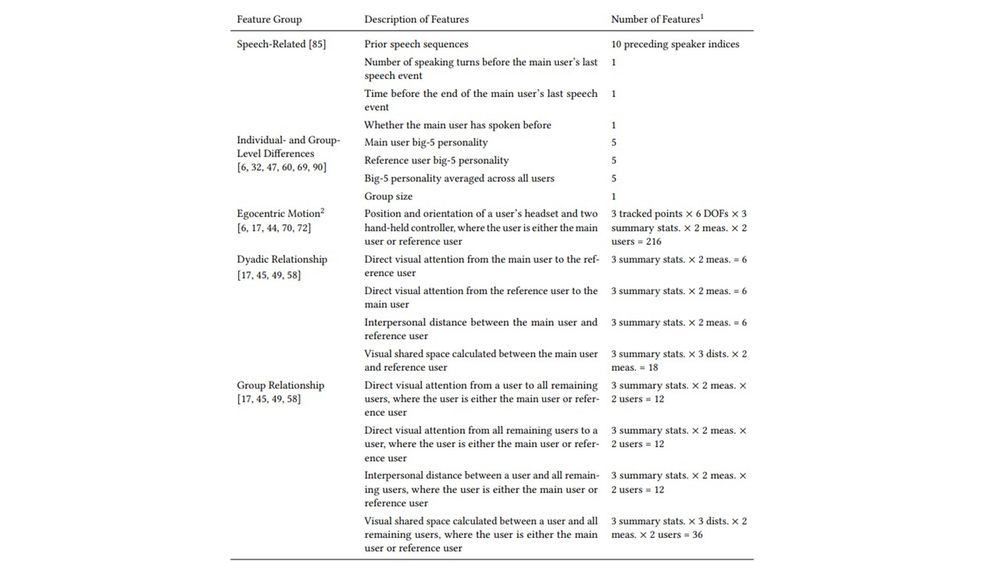
@PortiaWang.bsky.social analyzed a VR dataset of 77 sessions, 1660 minutes of group meetings over 4 weeks. Verbal & nonverbal history captured at millisecond level predicted turn-taking at nearly 30% over chance. To appear @acm-cscw.bsky.social.
vhil.stanford.edu/publications...
